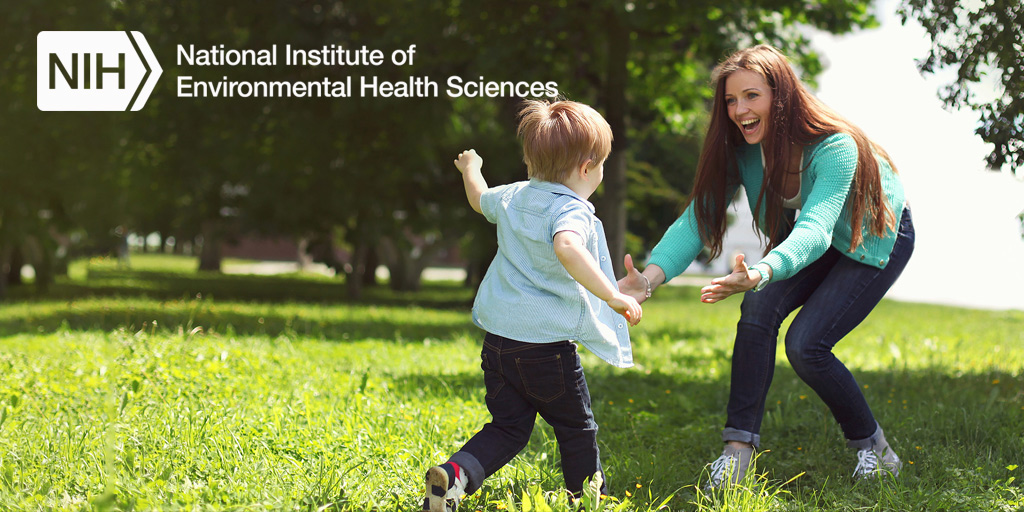NIEHS has developed and sustained a strong base of children’s environmental health (CEH) research projects for more than 20 years. The NIEHS Collaborative Centers in Children’s Environmental Health Research and Translation (CEHRT) program builds upon that foundation by establishing a national network of centers committed to translating key CEH research findings to relevant partners.
There are seven centers across the country. Six centers utilize research findings to create new tools, approaches, and interventions that can be used or adapted by partners to improve children’s health in communities with disproportionate exposure to environmental hazards. These centers also support pilot projects and mentorship opportunities to advance CEH research translation. A seventh center coordinates, promotes, and evaluates activities across the network. The current funding period is 2021-2026.
-

Researchers from the New York University center found that nearly 57,000 cases of preterm birth a year might be attributable to phthalate exposures. Associated economic and medical care costs of those cases were estimated at $3.8 billion.
-

The Johns Hopkins University center produced a downloadable print handout of a four-step guide to help care givers manage a child’s asthma attack.
-

The University of Southern California center developed two infographics on heat waves and health. The first describes how extreme heat can harm health and provides tips to avoid heat-related health risks. The second lists seven steps that people without air conditioning can follow to stay cool during an extreme heat event.
-

Researchers from the Oregon State University center published a commentary discussing the potential opportunities, benefits, challenges, and limitations of using social media analytics to advance CEH research and research translation.
-

-

Members of the University of Pennsylvania center and collaborators developed a short video to help people understand and reduce their exposure to potentially harmful chemicals found in common household items and food.
The NIEHS Collaborative Centers in Children’s Environmental Health Research and Translation (CEHRT) program supports a network of centers that bring together experts from fields such as the environmental health sciences, communication, behavioral and social sciences, dissemination and implementation science, medicine, and policy.
The Collaborative Children’s Environmental Health Research and Translation (CEHRT) program funds small-scale pilot projects through its centers to advance research and the translation of research findings. Applications are open to researchers and community partners. Applicants who are external to center institutions are given priority for pilot project funding.
View a list of the centers funded by NIEHS.
Researchers from the New York University center found that nearly 57,000 cases of preterm birth a year might be attributable to phthalate exposures. Associated economic and medical care costs of those cases were estimated at $3.8 billion.
The Johns Hopkins University center produced a downloadable print handout of a four-step guide to help care givers manage a child’s asthma attack.
The University of Southern California center developed two infographics on heat waves and health. The first describes how extreme heat can harm health and provides tips to avoid heat-related health risks. The second lists seven steps that people without air conditioning can follow to stay cool during an extreme heat event.
Researchers from the Oregon State University center published a commentary discussing the potential opportunities, benefits, challenges, and limitations of using social media analytics to advance CEH research and research translation.
Learn about pilot project funding opportunities offered by CEHRT. Researchers and community partners who are external to center institutions are encouraged to apply.
Members of the University of Pennsylvania center and collaborators developed a short video to help people understand and reduce their exposure to potentially harmful chemicals found in common household items and food.

















